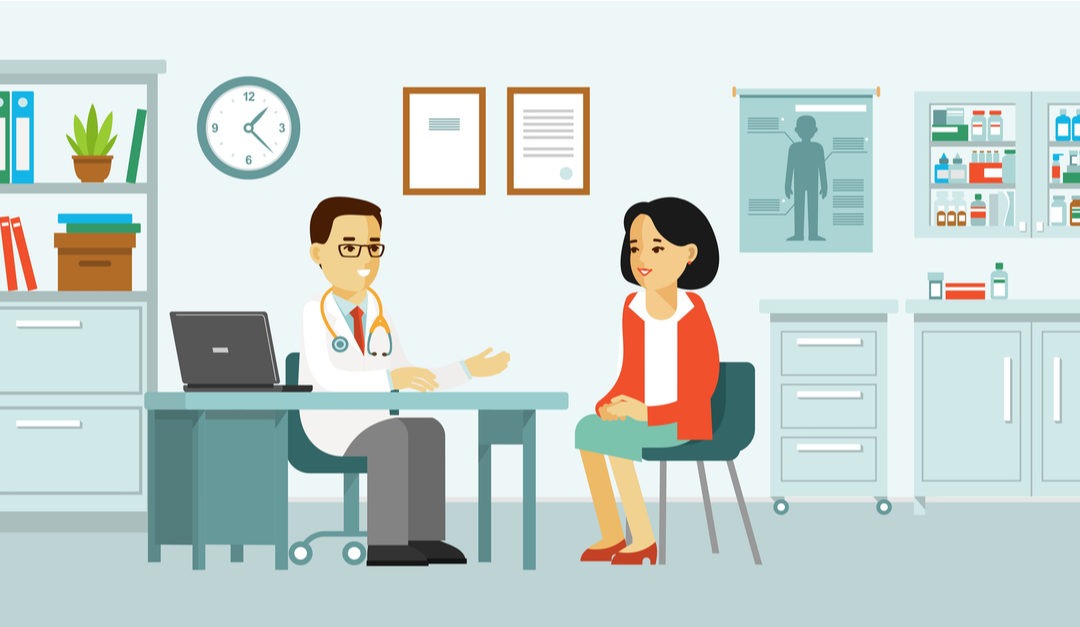When I work with patients, I all too often hear them say they don’t want to tell their doctor they are using or considering using medical cannabis. This makes me cringe, especially when someone has a long list of medications they are taking. You deserve safe, effective relief from pain and suffering and medical cannabis can be an amazing alternative to so many traditional treatments that cause harm. However, medical cannabis is a medication, and you wouldn’t start taking a medication without consulting with you doctor first, so why would you do this with medical cannabis? You should be honest with your doctor and your doctor should welcome honest communication from you. Don’t assume that your doctor is not open to it as a treatment. This should be a discussion where you both are actively participating in making a treatment decision. If you are certain your doctor is not open to medical cannabis as a treatment, find another doctor that is.
So why is honesty so important? Medical cannabis can cause medication interactions, where one substance (in this case medical cannabis) changes how another substance (in this case the prescription medication) is absorbed, metabolized, excreted, or processed in the body. This is called a pharmacokinetic interaction. When you introduce both of these substances into your body, there is a metabolic bottleneck of sorts where your body can’t effectively break them both down at the same time. This is because both medical cannabis and up to 60% of pharmaceuticals use the same P450 liver enzymes for metabolism. So when you take another dose of your prescription medication, without having the previous dose metabolized, you can increase the risk for potential side effects.
Conversely, it is also possible for medical cannabis to inhibit other enzymes (ex. CYP3A4) from processing a medication into its active form, and therefore the result is too little of the medication to achieve the desired effect.
Some research suggests medical cannabis can cause possible condition interactions, particularly when taken at high doses. Some possible condition interactions include psychosis, schizophrenia, low blood pressure, glaucoma, and anxiety.
So now you may be thinking, “gosh this is scary, maybe I shouldn’t use medical cannabis.” Overall, it has a relatively favorable safety profile, especially taken in lower dosages. My goal is to bring awareness to you, that medical cannabis is and should be treated like any other medication and therefore you doctor needs to be included in your decision making to use it, as well as provide you with ongoing evaluation…. just like any other medication.
Tiffany Stuhr is a patient – turned medical cannabis educator and patient advisor at WatchSong.net, Medical Marijuana Education for Healthy Living. For patients suffering from pain, depression, anxiety, insomnia, etc. she creates relief and revitalization through safe and customized medical cannabis therapy planning. Tiffany has a Bachelor’s of Science degree in Biology and holds a medical cannabis teaching certification for Train-the-Trainer Cannacian™ Level One.
